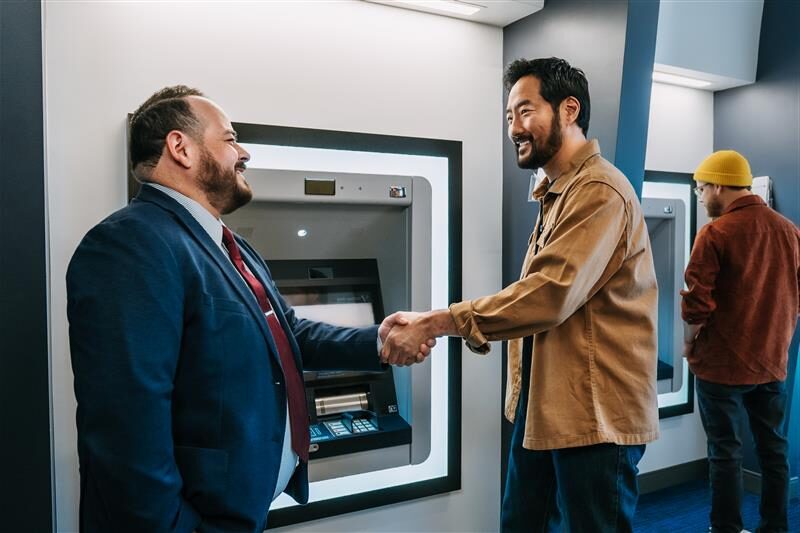
When you hear the phrase “pig butchering,” online scams may not be the first thing that comes to mind! “Pig butchering scams,” or “conversational scams,” are on the rise. While nasty, we can confirm that no real pigs are harmed in the process! We will discuss what a pig butchering scam is, what warning signs to look for, and how to keep you and your finances safe.
What is Pig Butchering?
A pig butchering scam happens when cyber criminals build strong emotional relationships with their victims, typically over dating websites and apps, social media platforms, or texts pretending to be from a wrong number or old acquaintance. It often starts with social engineering tactics—the scammer positions themself as a new friend or a love interest and engages in conversation with the victim.
As the scammer begins to build trust, they often encourage the victim to make a business investment in cryptocurrency and send them a bogus trading platform website, controlled by the scammer. The victim is then encouraged to invest small amounts of money. The scammer will ensure that the victim earns a return on their investment and may even allow the victim to withdraw money a few times.
Seeing the value of their investment rise, the victim trusts the scammer and the fake investment platform more. They are then encouraged to invest larger amounts of money.
This is when the “butchering” phase occurs.
Once the victim has sent money to the fake investment website, the scammer vanishes, taking the money with them.
In similar scams, instead of encouraging cryptocurrency investments, the scammer entices the victim with the promise of a relationship, but never seems to be able to meet, or lives very far away. Once a relationship is developed, they often ask for money or introduce a sense of urgency by saying they are in a crisis. During the “butchering” phase, the scammer again leaves as soon as the money is delivered.
How to Stay Safe
The following warning signs are often indicators of a pig butchering or conversation scam:
- Contact from people you do not know: This could be in the form of a text or email from a number or email address you don’t recognize, or someone you wouldn’t normally expect to hear from.
- Refusal to meet face-to-face: Be wary of individuals who decline to either meet in person or over a video call.
- Request for financial information: We recommend always keeping your personal financial information private.
- Unfamiliar trading platforms and investment opportunities: These will often be paired with exaggerated claims about higher than average or “guaranteed” returns.
Protect yourself and your finances with these preventative measures:
- Be skeptical of online relationships that progress quickly, particularly if you have not met the person face-to-face.
- Avoid sharing sensitive personal or financial information
- Be cautious of any investment opportunities touted as high-return and low-risk, especially in the cryptocurrency sector.
- Always seek advice from a trusted financial advisor before making significant investment decisions.
- Report suspicious activities to the relevant authorities, which can help prevent others from becoming victims.
- Regularly update your knowledge about online scams to stay informed about the latest tactics used by fraudsters.
- Remember, always trust your instincts. If something feels off, it might be best to cut off communication and report your suspicions.
If you believe your device, account, or personal information may have been compromised, rest assured, we are here to help. Follow these three steps:
- Change your online banking credentials, including your username and password, immediately
- This can be done in the Settings > Security section of online and mobile banking
- Contact us immediately at 1.800.888.7882
- Describe the situation to us so we can help find a solution
- Have your computer/mobile device scanned for malware
Ready to learn more? Head to our Security Center for more information on how to keep yourself and your financial information safe.



